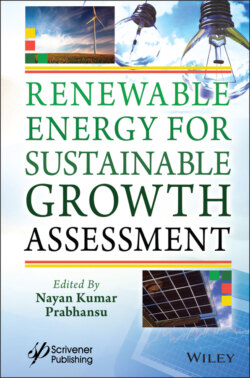Читать книгу Renewable Energy for Sustainable Growth Assessment - Группа авторов - Страница 101
3.3.3 Biofuel as Renewable Energy for the Future 3.3.3.1 Solid Fuel
ОглавлениеCarbon, wood, grasses, and any agricultural residues, manure, bushes, and plants are solid biomass fuel. They are the fundamental energy tools used for heating, boiling water, electricity, and temperature control purposes. Firewood is required among various biomass resources, especially in residential neighborhoods, where the winters are long [118]. Solid fuel releases gases such as NO, SO2, CO2, CO, fine particles and hydrocarbons, ash, sludge, and burning waste heat [118, 119]. It induces indoor and outdoor air pollution that affects human health; immunosuppression in the nasal passages; chronic obstructive lung damage; and ischaemic heart problems; nasopharynx and gastrointestinal colon tumors [119, 120]. Intended to prevent the effects of solid fuel involves improving low-emission cooking stoves, higher-quality cooking stoves, and gaseous fuels. Alternative methods for the use of solid fuel are natural gas and biogas produced through biological processes (anaerobic digestion) or thermal combustion processes (gas-producing systems) [119].
